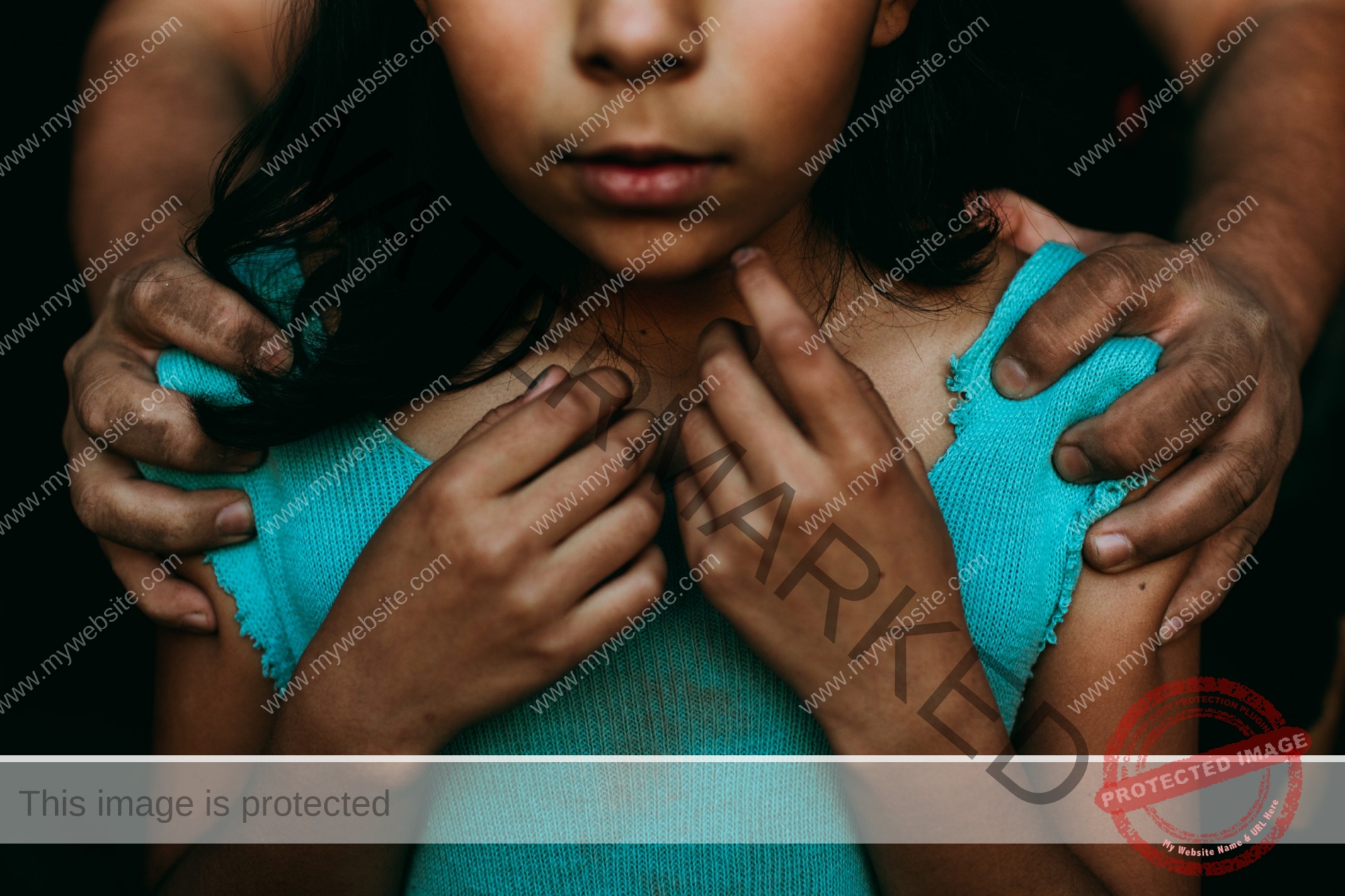The International Justice Mission (IJM), a global organisation that protects the vulnerable from violence, has bemoaned the high rate of interference
The International Justice Mission (IJM), a global organisation that protects the vulnerable from violence, has bemoaned the high rate of interference in the adjudication of child trafficking cases by politicians, traditional rulers and community leaders.
It has, therefore, advised the public, particularly prominent personalities, to refrain from intervening to settle any form of cases of abuse at home. The IJM said human trafficking, particularly child trafficking, was a criminal offence that had to be dealt with to curb the practice since attempts to get such issues settled out of court only encouraged its recurrence.
A Legal Officer of the IJM, Mabel Lariba Awuni, made the call during a three-day training workshop for officers of the Department of Social Welfare (DSW) at Hansua in the Techiman Municipality in the Bono East Region.
The three-day workshop, organised on the theme “Best practices in dealing with child victims of trafficking”, brought together 14 districts, municipal and regional officers. It was aimed at schooling the participants to professionally handle or deal with cases of child trafficking, especially traumatised victims.
Additionally, it sought to beef up the knowledge and skills of the officers to help them identify child trafficking cases and the difference between child trafficking and child labour. The objective of the IJM is to protect people in poverty from violence by rescuing victims, bringing criminals to justice, restoring survivors to safety, as well as helping local law enforcement personnel to build a safe future that lasts.
Punishment
Ms Awuni said child trafficking perpetrators must be punished, saying, “People must be made to account for the crimes they commit to deter others from committing similar crimes”.
She said interference in such cases was a serious phenomenon which derailed the prosecution of child trafficking offenders.
Ms Awuni said that on some occasions, while cases were ongoing, some traditional rulers and politicians, including ministers of state, influenced judges to drop the cases.
“These are people who are supposed to know better. We all know that children are vulnerable. So, there are certain ventures they should not be allowed to be involved in.
“It is unacceptable to traffic children to work on very deep lakes. Children should not be trafficked to work in the mines and on farms. These are not ventures that, ordinarily, children should be allowed to venture,” she said.
Ms Awuni said the laws were clear about the nature of work that could be done by children. She explained that children who were 13 years and below should be made to engage in light work and not work that negatively affected their education, health or development.
Ms Awuni said IJM was not against children helping their parents, but rather the use of children to do hazardous work, which exposed them to danger.
Rescue
A Senior Manager of the IJM, Gabriel Acolatsey, said the IJM worked with local institutions to rescue trafficking victims and strengthen the justice system. He said the IJM had realised that some of the state institutions lacked the skills and knowledge to handle traumatised victims.
For her part, the Bono East Regional Director of the DSW, Evelyn Yawa Bansah, said the training would help to enhance their ability to handle traumatised victims when the need arose.

COMMENTS